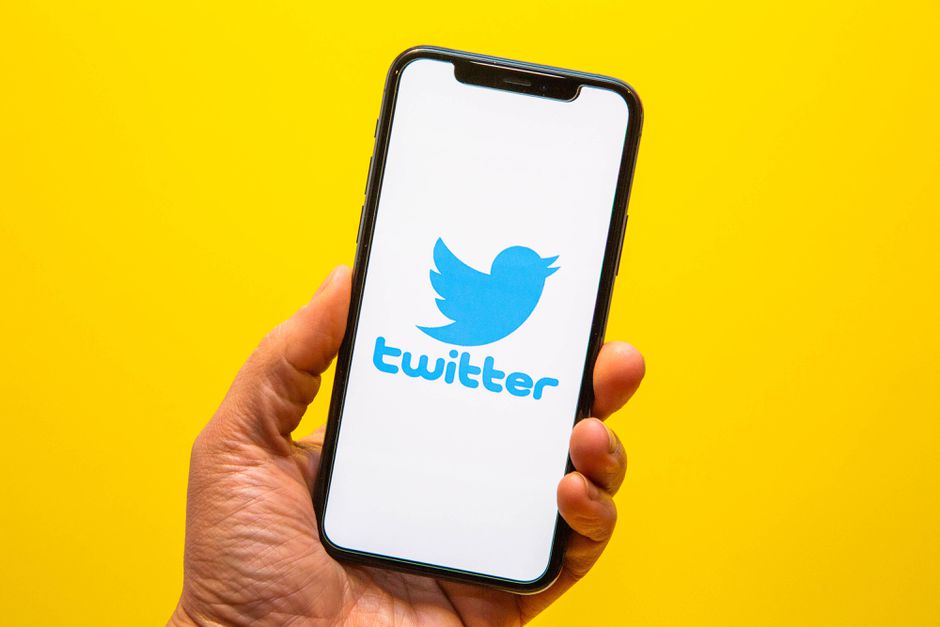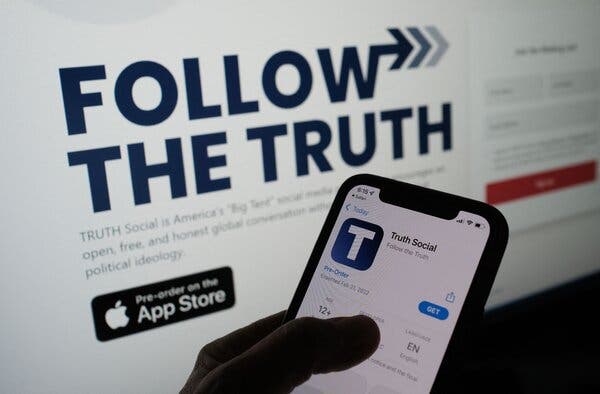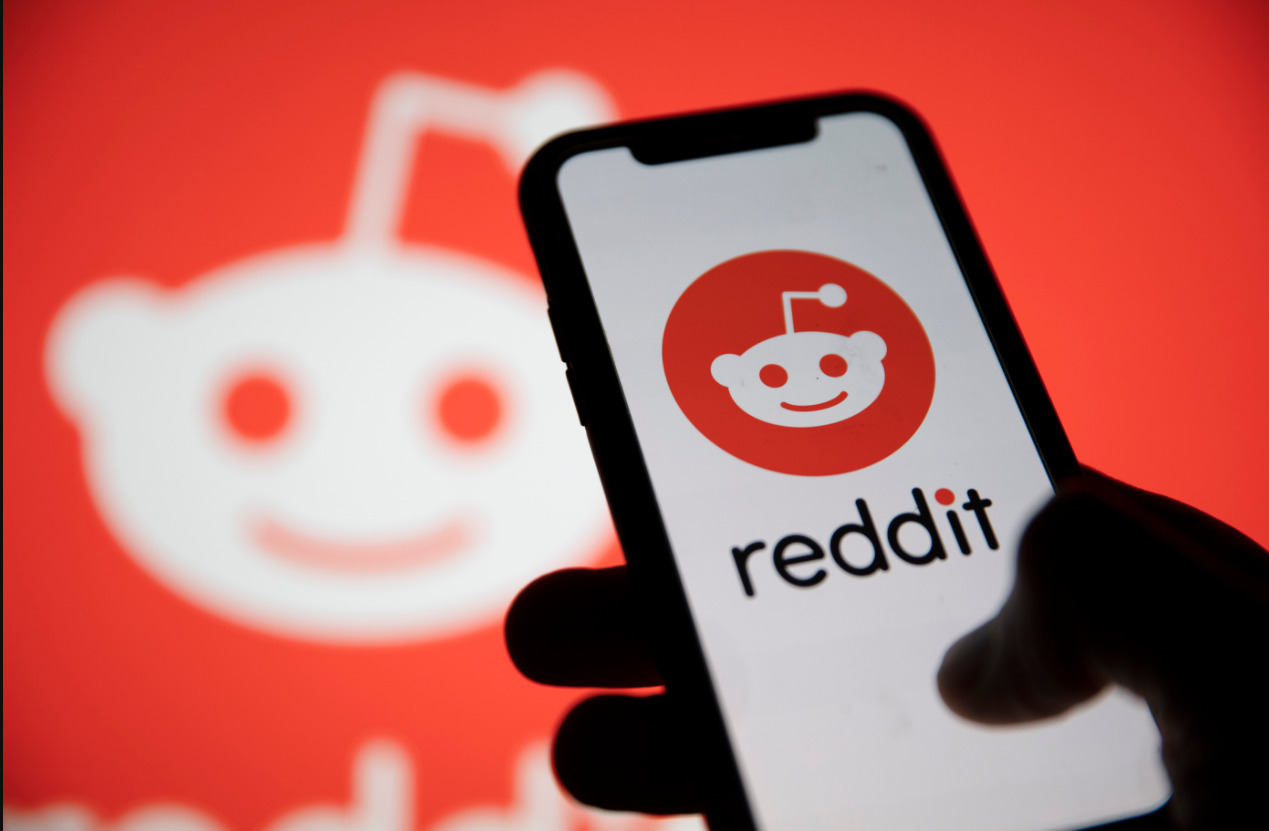Trump Media & Technology Group Corp., the social media predominantly owned by former U.S. President Donald Trump, has lost $2.8 billion in market value in the last few days.
The tumultuous downturn comes as a wave of retail traders who once fervently boosted the stock have begun to offload their holdings.
The company, which encompasses the Truth Social platform, has seen its stock plummet by 36% since its closing high on March 26.
This nosedive not only erased the gains achieved in the aftermath of its merger with Digital World Acquisition Corp., but it also pushed the stock below its pre-merger trading levels.
Initially, Trump Media enjoyed a meteoric rise in its early days as a publicly traded entity following the merger with DWAC, the blank-check company facilitating the deal.
However, the allure of the stock among individual investors, who saw it as a means to express support for the former president’s potential 2024 reelection bid, has waned significantly.
As the stock continues its downward spiral, the once-projected paper windfall for Donald Trump himself has also dwindled.
Trump’s anticipated gains from the venture have plummeted by approximately $1.6 billion, leaving him with an estimated $2.9 billion in paper wealth.
However, realization of this wealth remains contingent upon a six-month lock-up agreement, delaying Trump’s ability to sell shares.
The timing of Trump Media’s downfall coincides with a flurry of legal troubles facing the former president. With just a week until the commencement of his first criminal trial in Manhattan, Trump faces charges related to falsifying business records in connection with hush money payments to a pornographic actress prior to the 2016 election.
Also, Trump is slated to undergo deposition in a civil lawsuit filed against him and Trump Media by two co-founders alleging share dilution prior to the merger.
Despite the substantial loss in value, Trump Media retains a market capitalization of approximately $5 billion, underscoring the paradoxical valuation dynamics in the current market environment.
The company’s meager revenue of $4.1 million in the preceding year contrasts sharply with its lofty market capitalization, raising concerns about the sustainability of its valuation.
The dramatic downturn of Trump Media & Technology Group mirrors the volatile trajectory of past meme stocks like GameStop Corp. and underscores the inherent risks associated with companies emerging from SPAC mergers.
As the company grapples with its dwindling valuation and mounting legal challenges, the future of Truth Social and its associated ventures remains uncertain in the ever-shifting landscape of the digital realm.


 Forex2 weeks ago
Forex2 weeks ago


 Naira2 weeks ago
Naira2 weeks ago
 Billionaire Watch1 week ago
Billionaire Watch1 week ago




 Naira2 weeks ago
Naira2 weeks ago




 Naira1 week ago
Naira1 week ago




 Naira4 weeks ago
Naira4 weeks ago
 Nigerian Exchange Limited4 weeks ago
Nigerian Exchange Limited4 weeks ago


 Naira3 days ago
Naira3 days ago





















